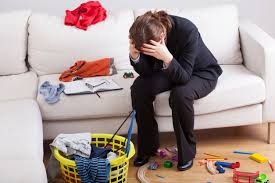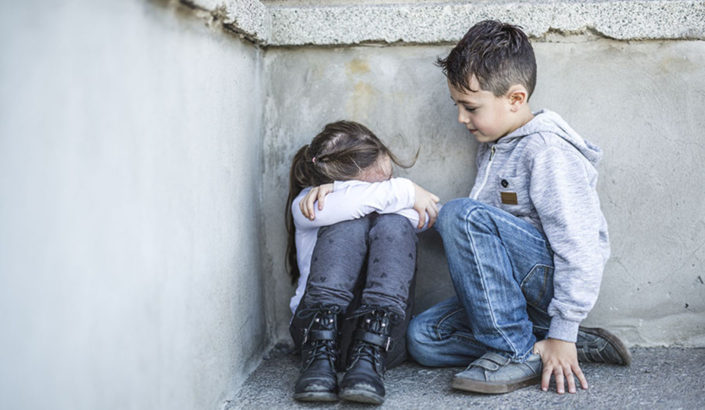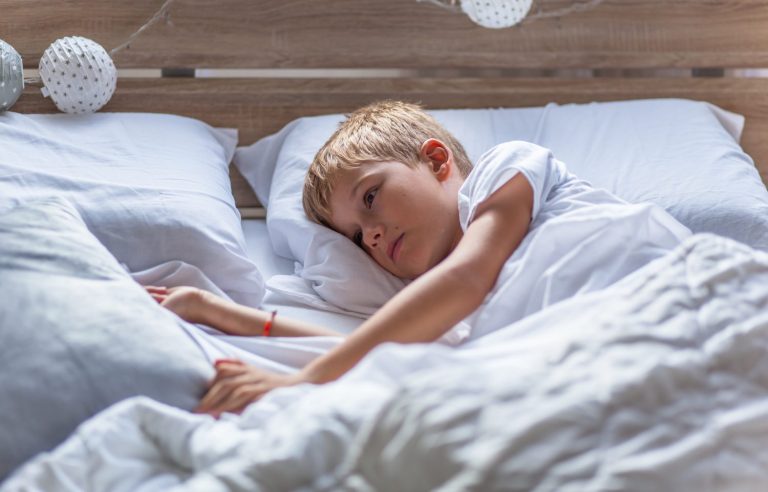Parental Burnout
Parental burnout refers to excessive exhaustion or exposure to high levels of stress that parents feel in relation to their child-rearing situations. In fact, three researchers from the Institute of Psychology at the University of Louvain in France developed a scale to measure the level of parental burnout.
This scale evolved to become the Parental Burnout Assessment (PBA), which is a questionnaire that helps measure the levels of burnout suffered by parents, with levels ranging from 1 to 7. These questionnaires also helped to identify that this burnout is also due to not having the necessary resources to alleviate this imbalance or stress factors.
As for resources, it does not only refer to economic ones, for example, being able to pay a caregiver, it also refers to personal resources, such as lack of time, or lack of a support network such as the presence of grandparents or uncles who can help.
Parental burnout is not a rare syndrome; in fact, that same study from the University of Louvain helped determine that at least 14% of parents suffer from parental burnout.
Likewise, if at the beginning it is not a question of postpartum depression or depression itself, this exhaustion maintained for a long time can trigger a depression because it ends up invading other areas of the parents’ lives. It is important to clarify that this parental exhaustion occurs in both the father and the mother.
Several factors can lead to parents feeling burned out, including: lack of cooperation from children, financial pressure, tiredness from work and home, work pressure, the fact that both parents work outside the home, and even the distraction of technology and social media.
Some of the things parents share that they do to combat this exhaustion are to make time for themselves; try to do some physical activity or increase exercise time to relieve stress; look for new ways to educate their children such as involving them in household chores; and better structure their children’s days so that everyone has personal space. (Read also: How to be a better mom? )
Keys to Knowing if You Are Suffering from Parental Burnout
Distancing from Children
It refers more to an emotional distancing from their children, although a physical one can also occur. In this case, the parents limit themselves to doing what is strictly necessary with their children; this causes the parents to not be attentive to their children’s emotions or share experiences with them.
For example, parents help their children with their homework, but they don’t ask them how their day was, who their friends at school are, what they ate, etc. Or they may do it out of routine, but they tune out the answer or are simply not interested in what they are told.
Extreme Burnout from Parenting Issues
The routine of caring for a child can be very exhausting for all parents; however, some parents feel so exhausted about it that they do not feel like doing anything related to their children.
The routine of caring for and raising children involves a number of activities; for example, thinking about what to give them for breakfast, lunch and dinner, adjusting schedules for taking them to and from school, getting their uniforms ready, checking homework, keeping appointments, etc.
And of course, exhaustion is multiplied when there are several children and it appears just thinking about all the activities to do regarding them; not even when they are being done. This exhaustion also leads to a lack of interest in raising children. For example, parents no longer enjoy spending time with their children, playing with them or watching them learn new things.





